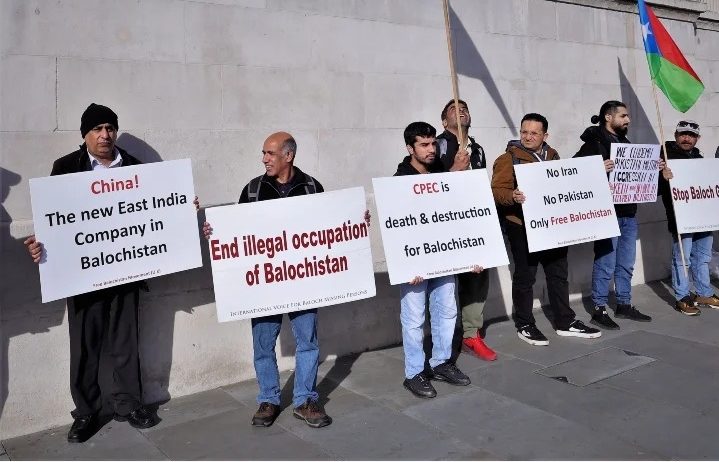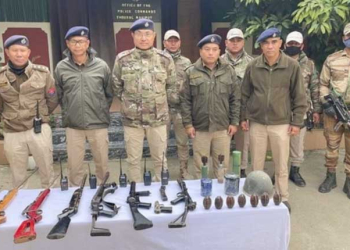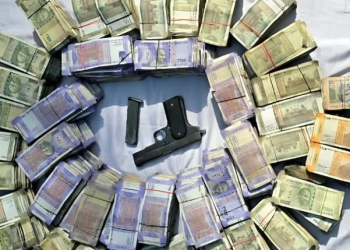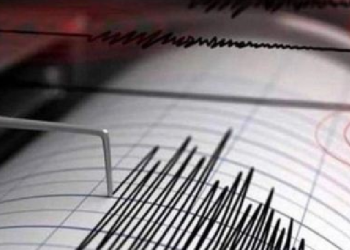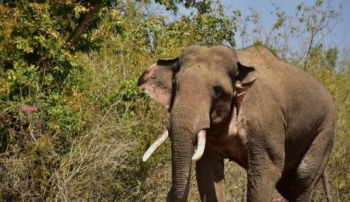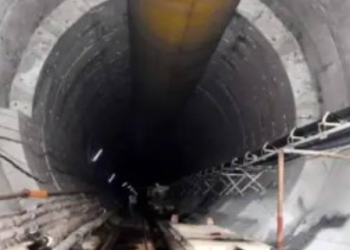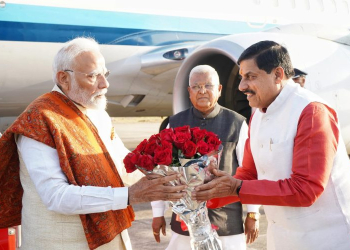New Delhi: Shahzavar Karimzadi — an Iranian Baloch, is a senior lecturer in economics at the Hertfordshire University, the UK. A cheerful man who is an equally voracious speaker, he can speak at length on how an independent Balochistan can thrive in an eternally conflicted region to why the word Pakistan is a highly objectionable name.
India Narrative catches up with Karimzadi in London, who says that Balochistan can be one of the richest nations in the world. “We have copper, gold, uranium and marble deposits. Our agriculture is good and we have abundant fisheries. There is so much tourism potential with mountains, volcanos, coastline and beautiful landscapes”, says Karimzadi.
“We never had bloodshed in our history. According to archeologists, this is a 7,000-8,000 year old land but now bodies are being discovered in different parts of Balochistan. Thousands of Baloch intellectuals, artists, singers and ordinary people have been killed or disappeared,” says Karimzadi.
On asking why the Baloch movement has not caught the attention of the world, Karimzadi says: “The issue of Balochistan is undermined due to issues in the Middle East–a region that never saw the age of enlightenment like other civilisations. In this context, we have done pretty well considering all the problems that exist in the region.”
He says that the Baloch are the most secular and humane community that is surrounded by fundamentalist people. Despite the chaos surrounding them, the Baloch have kept their movement alive for decades despite sharing borders with regions that are permanently in turmoil, are edgy and unstable.
Karimzadi says that the Punjabi Muslim mafia in Pakistan, mainly the Pakistani government and the army, is harsh on us because of resources. “We are one of the biggest resources. All mineral resources are in the hands of the Pakistani Punjabi military. The Baloch do not even have one per cent access to resources that lie on our land. The Sui Gas is the largest mine discovered in 1953. All the gas goes to Pakistan but is not distributed to the Baloch people,” says Karimzadi.
He adds that Pakistan carried out its nuclear test in 1998 but not a single independent inquiry was conducted to find out if the people were affected. People have contracted disabilities and skin diseases but Pakistan is not concerned, Karimzadi says.
He adds that Pakistan realised that it alone could not extract the minerals from Balochistan, therefore, brought in the China Pakistan Economic Corridor (CPEC). “The CPEC is a source of repression. It has brought in more military against us. More people have been killed and disappeared after CPEC came in. Now China is pumping in finances to exploit our resources”, adds the professor.
“There is apartheid in Gwadar. There is no power and clean water in Balochistan except in the Chinese areas. The Chinese have all amenities but the Baloch have nothing. Fisheries is the main source of income for the Baloch but it has been given to China,” says Karimzadi.
He says that the Baloch are part of the Iranian plateau and are a nationality that lives on that land. “We are culturally and historically different from the Punjabi Muslims,” says the professor.
Talking about Pakistan, he says that the country will only stick to jihadism, militarism and religion as the Pakistanis do not have an identity. “The name Pakistan itself is of Iranian origin. It does not mean “pure” which the Pakistanis would like the world to believe. It means “clean”, which Pakistan wanted to use to distinguish itself from India which it thinks is unclean”, says Karimzadi, adding that for the Baloch, ‘Pakistan’ is a term of insult as we regard all people as equal”.
Towards the end, he says that India must realise that the Baloch are India’s only allies in South Asia because they too are secular people. “We have protected the rights of the minorities because we are humanitarian. We need moral and other support from democratic nations as Pakistan will collapse soon,” says Karimzadi.



